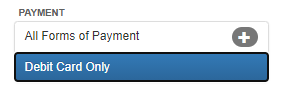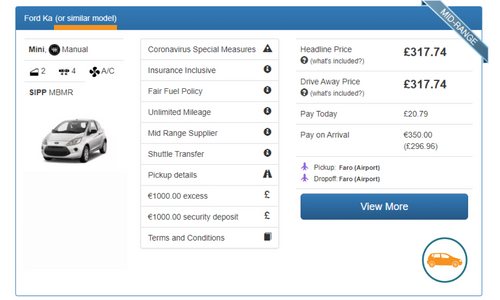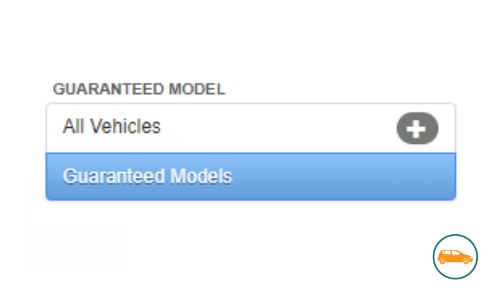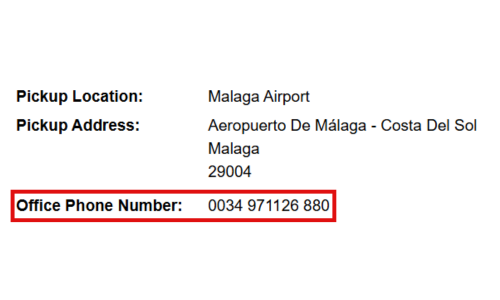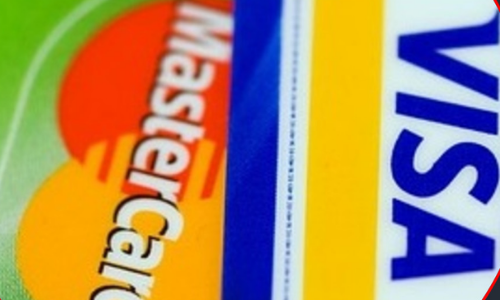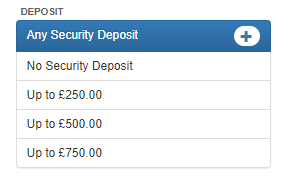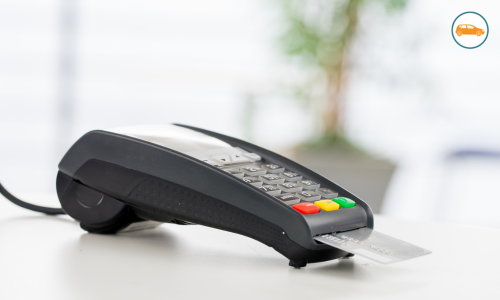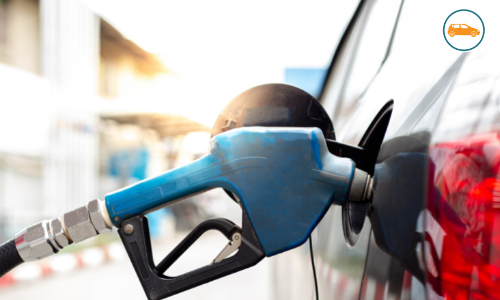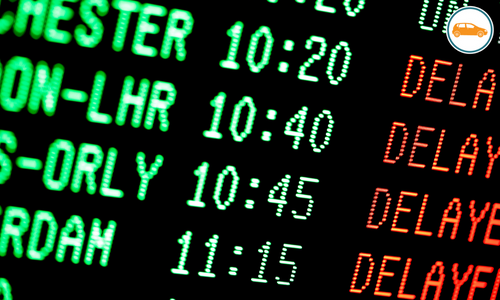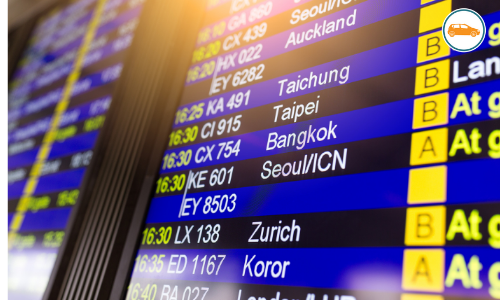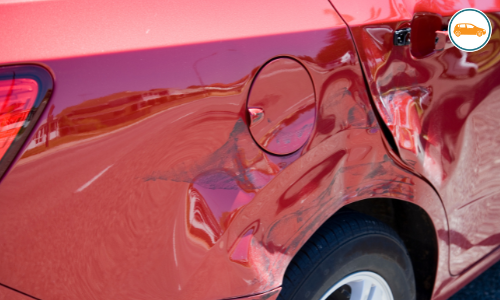Your Essential Car Hire Checklist
We want you to have an enjoyable car hire experience. These great tips will help ensure your car rental goes without a hitch.

Know before you go
Foreign Roads
You may not have any experience of driving in the country you are hiring or indeed of driving on the ‘wrong’ side of the road. Being prepared is key. To understand more about the rules of the road for the country you are visiting, the AA can help. As well as when to use lights, speed limits and child seat regulations they also tell you what equipment is legally required in the car such as first aid kits or high visibility jackets. Take a note of these for later.
Your Car Rental
Nobody wants to discover a problem when they are standing at the desk after a long flight. Take the time now to read through the terms and conditions of your car hire. Sometimes there are additional fees payable at the desk such as for young drivers or if you are planning to drive into another country. If you book through Clarify, these will be clearly stated before you book your car so there should be no surprises at the desk. Do you have unlimited mileage or are you restricted? Does that suit your holiday travel plans? Check what your chosen fuel policy means.
Insurance
All cars hired through Clarify come with the main basic insurances. However, you also have the option of taking out additional insurance to reimburse the excess on this insurance and to cover areas such as the glass, roof and wheels which may have been excluded from your basic insurance package. Compare the policies available through Clarify with what is offered by the car hire company themselves. Any additional insurances are voluntary. Please note that if you are paying by debit card, you may be required to take out the rental company’s full insurance.
Have you got the documents you need?
Driving Licence
Your research may have already led you to checking your licence is still valid but do you also need an international licence? Back in 2015, the paper part of the UK licence was withdrawn and now hire companies may want access to your driving history through the Share Your Licence scheme. Remember that any additional drivers will also need the appropriate licence.
Credit Card
It is very unusual to find car hire that does not require a credit card. Unless you have found a specific Debit Card Car Hire then you will need to make sure that you have a valid credit card which has enough credit limit to cover the amount required by your car hire company. This will normally be the excess listed in the insurance part of your car hire contract.
Car Hire Voucher
When you book your car hire you will be emailed a voucher. Ensure the details on it are correct and print out two copies, one for the car hire desk and one for yourself. If you haven’t included your flight details when booking, then it is a good idea to do so as this can prevent issues if your flight is delayed or cancelled. If you are late, contact the car hire company as soon as possible.
Insurance
If you have chosen to purchase independent car hire excess insurance, rather than what is offered at the desk, take a copy of the documents with you. As these are personal policies, covering you rather than the car, it is not necessary for the car hire desk to ‘approve’ them but you may need the details if you have an incident while driving your hire car.
Collecting your Car
Check the Car
Look the car over thoroughly. Don’t feel rushed. Take photos or videos as extra evidence. Make sure the agent notes down every single scratch or mark including any on the wheels as these can be a common area that is missed. Only when you are happy, should you sign any sheet. If you want to look underneath the car, a selfie stick can help.
Fuel
Knowing what fuel contract you are on, check the gauge level is where you are expecting. Take another photo if necessary, particularly if you have a same to same fair fuel policy as this can help when filling the car on your return. Be on the look out for petrol stations as you leave the airport. It can really save you time on your return if you know where one is.
Equipment
Use the notes you made at home to check that any compulsory equipment, such as a warning triangle, is in the car. You are within your rights to ask for it if it is not provided. And before you set off, check you know how all the controls in the car work and whether the lights, windscreen wipers and air conditioning are functioning properly.
Ask at the Desk
If you have any queries about returning the car, ask before you drive away. Make sure you have picked up any car seats, a satnav or any other equipment you have ordered. If you require a toll road transponder such as those used in Portugal, this will need to be activated. Some car hire companies may be more persistent than others about selling their own additional insurance. Know what insurance you have before you go so you are well equipped to deal with any over-enthusiastic sales people!
During your Car Hire
Unfortunately, sometimes problems can occur while you have your hire car. If you have an issue or an accident, contact the car hire company. You may have to contact the police if you have an accident. depending on whether a third party is involved and which country you are driving in. You will be required by the car hire company to fill in a damage report and you may be liable for any of your excess amount or all of the cost if it falls outside your Collision Damage Waiver cover.
Returning your Car
Be on Time
Avoid being late to return your vehicle. You may incur a fee if you are. Leave enough time to fill up with fuel if you need to do so.
Check the Car
Some car hire firms may charge a cleaning fee if they feel the car is returned requiring more than a quick vacuum. Spend just a few minutes clearing out any rubbish and brushing away as much dirt as possible and it may save an unwelcome charge. Look the car over again with an agent. Use the photos you took on collection to prove damage already existed if necessary. Take more photos using a mobile phone if you are returning the car out of hours.
Documents
After inspecting the vehicle, you should be given a copy of a document to say you have returned the vehicle. If this does not confirm that you have returned the car with no additional damage then you can ask for a signed report stating this. If there is new damage, then you should be issued with a new damage sheet by the car hire company and you will need to settle any debts with them before you leave. If you have taken out an independent insurance then remember to keep all paperwork as you will need this to claim back through your policy.
Disagreements
Sometimes, even with taking all precautions, problems can still arise. If you need help to resolve any issues then you can contact the following organisations.
Contact the BVRLA Conciliation Service for UK hires
Contact the European Car Rental Conciliation Service for European hires.
For more great advice on travelling and driving abroad, visit the UK government Travel Aware campaign
If you have more questions then please visit our FAQ pages or click on the green Contact Us button at the top of the page.
Photo courtesy of Karsten Wuerth at Unsplash
